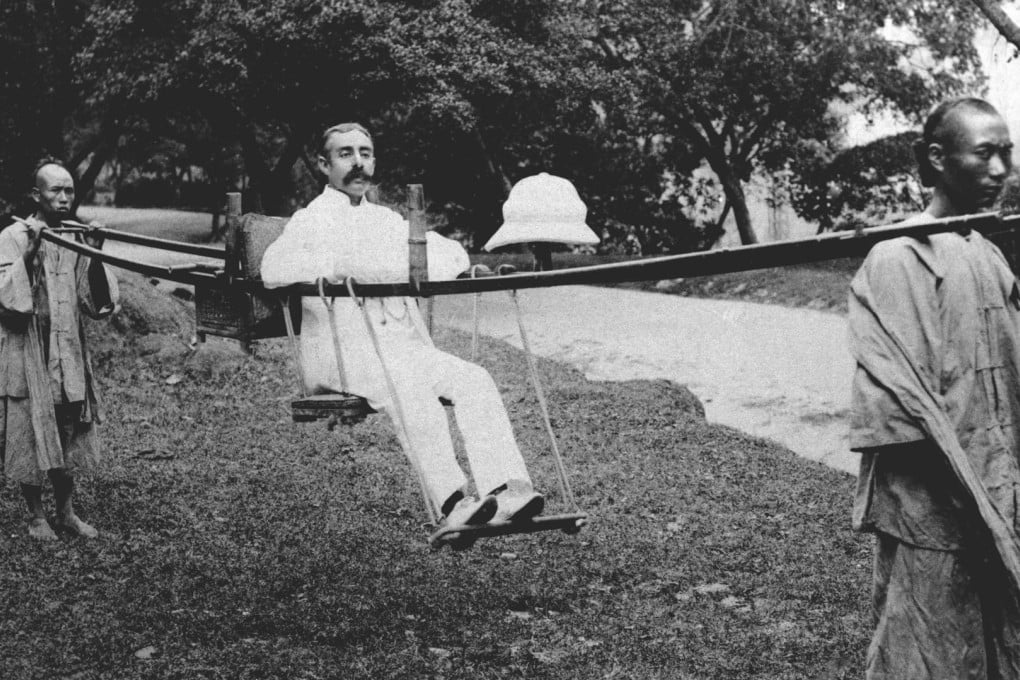Then & Now | Redefining “expat”: how time has altered the meaning of the word
Time and political correctness have altered the understanding of the term "expatriate", writes Jason Wordie.

“Expatriate” – and its diminutive form, “expat” – is probably Hong Kong’s most overused, misapplied label. While its literal definition does not relate to race, the word has assumed a racial meaning for a generation of people accustomed to political correctness.
In consequence, “expatriate” is habitually deployed – in the South China Morning Post and elsewhere – to refer to local residents of European descent and cultural tradition.
“Expatriate” also crosses national boundaries – Americans, Australians and Canadians, in earlier times, were considered European. But not all Europeans in Hong Kong were expats.
Historically, the term defined someone employed from outside their country of origin on unambiguous terms of service. Expatriate status normally meant that the individual and their immediate family were provided with return sea (and later, air) passage from their country of permanent domicile; accommodation while in Hong Kong, but not during “inter-tour” leave; education for their children, either locally or overseas; and a pension or gratuity at the end of their contractual service.
Most expatriates left Hong Kong on retirement; their employment terms ensured that few ever bought property here, and, in some job categories, they were explicitly prohibited from doing so.
From the colony’s beginnings, Hong Kong had a significant number of non-expatriate, permanently resident Europeans. “Beachcomber” was one of the more polite terms used to describe Europeans who simply turned up, found employment and forged a life here for themselves on local terms. These people were not considered expatriates unless they happened to get a job with the aforementioned type of package.

